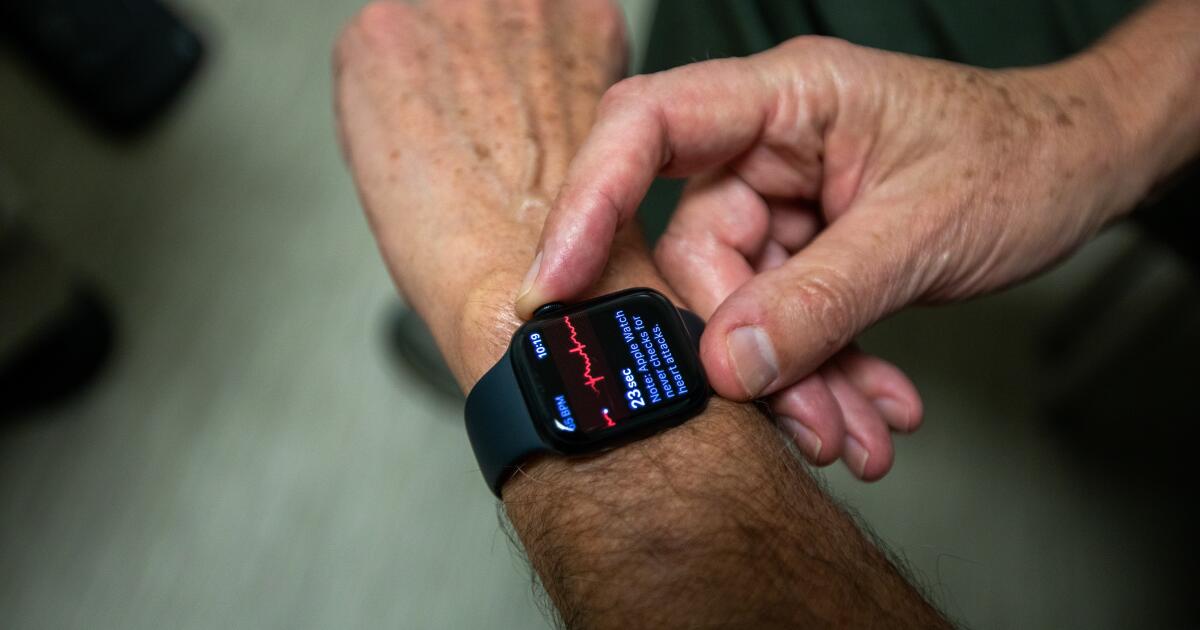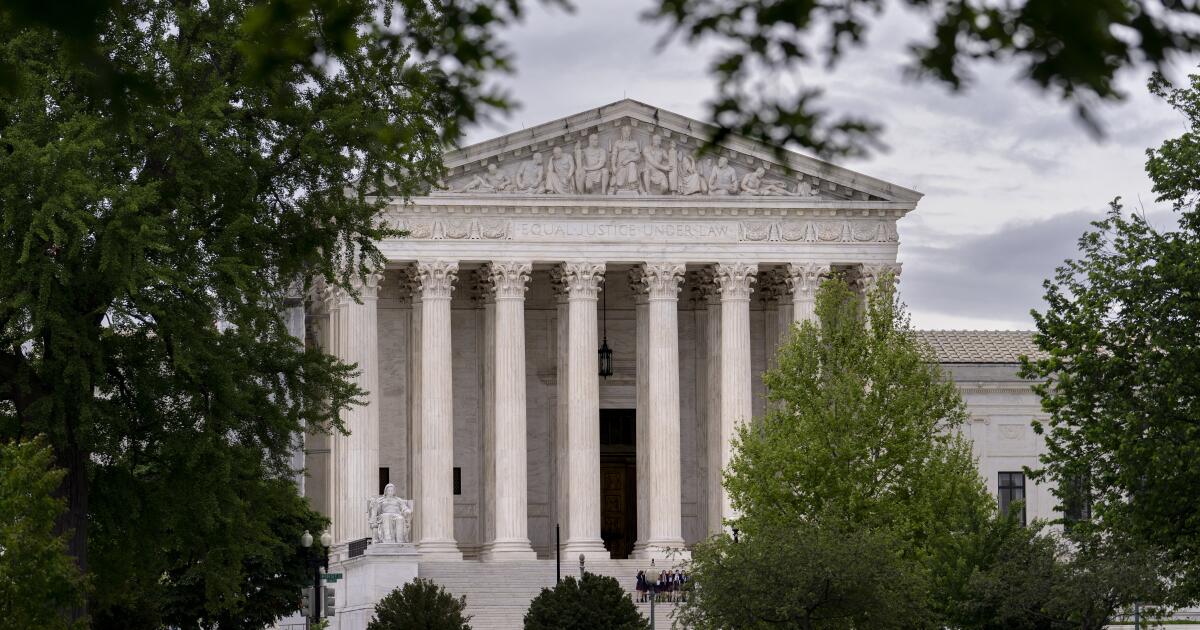Orange County entrepreneur Joe Kiani has just notched a startling victory in his years-long court battle against one of the most powerful companies in the world. And as a result, one of Apple’s key products may be banned from import into the United States.
I recently detailed Kiani’s David-vs.-Goliath legal fight against Apple, which Kiani claims has infringed on patents owned by his company, the Irvine-based medical device manufacturer Masimo.
It turns out the United States International Trade Commission agrees. It just sided with Kiani, issuing a ruling that the Apple Watch contains technology that violates Masimo’s patents, and handing down an exclusion order that, if it stands, would result in the devices being banned from import into the United States unless the infringing technology is removed.
The ruling upholds an initial finding in January that determined Apple had infringed on Masimo’s pulse-oximetry technology, which allows users to take readings of blood-oxygen levels. Earlier this year, a separate federal trial over whether Apple had profited from trade secrets stolen from Masimo, to the tune of $1.85 billion, ended in a hung jury.
The ITC ruling will now undergo a 60-day presidential review period in which President Biden has the power to veto the ruling. (Such vetoes are rare, but Apple, currently the most valuable company in the world by market cap, has more lobbying might than the typical petitioner.) The decision can also be appealed, and Apple has signaled it intends to.
In recent years, the hard-fought legal contest has vexed Apple and strained the much smaller Masimo. For founder Kiani, the fight was over more than protecting Masimo’s patented technology — it was about standing up to tech giants that use their power to shut out smaller competitors like him.
“Today’s ruling by the USITC sends a powerful message that even the world’s largest company is not above the law,” Kiani said in a statement. “This important determination is a strong validation of our efforts to hold Apple accountable for unlawfully misappropriating our patented technology.”
Kiani has claimed in legal filings that Apple first approached Masimo more than a decade ago, floating the idea of a partnership, and potentially an acquisition. Instead, he says, the tech giant began a campaign to hire away his top talent and to plunder his company’s intellectual property. He estimates that he has spent $60 million in legal fees waging a fight that few others are willing to undertake against the tech giants.
For Kiani, the ITC’s ruling is a vindication.
“Injunction is the best repellent to IP infringers and fundamental to patent rights,” Kiani told me.
In a statement, an Apple spokesperson said, “Masimo has wrongly attempted to use the ITC to keep a potentially lifesaving product from millions of U.S. consumers while making way for their own watch that copies Apple. While today’s decision has no immediate impact on sale of Apple Watch, we believe it should be reversed, and will continue our efforts to appeal.”
Weeks before the decision was handed down, Kiani was clear about what he hoped to see from the result.
“I want this to sting so bad for them — they don’t care about the money,” he told me. “I want Apple to change their ways and conduct themselves in a moral, ethical way. They can use their power to make the world a better place.”
He wished that Apple would stop trying to steamroll smaller competitors, making more room for innovation outside the oligopolies of Silicon Valley.
The ITC’s ruling offers a glimmer of hope that such a future is possible.




